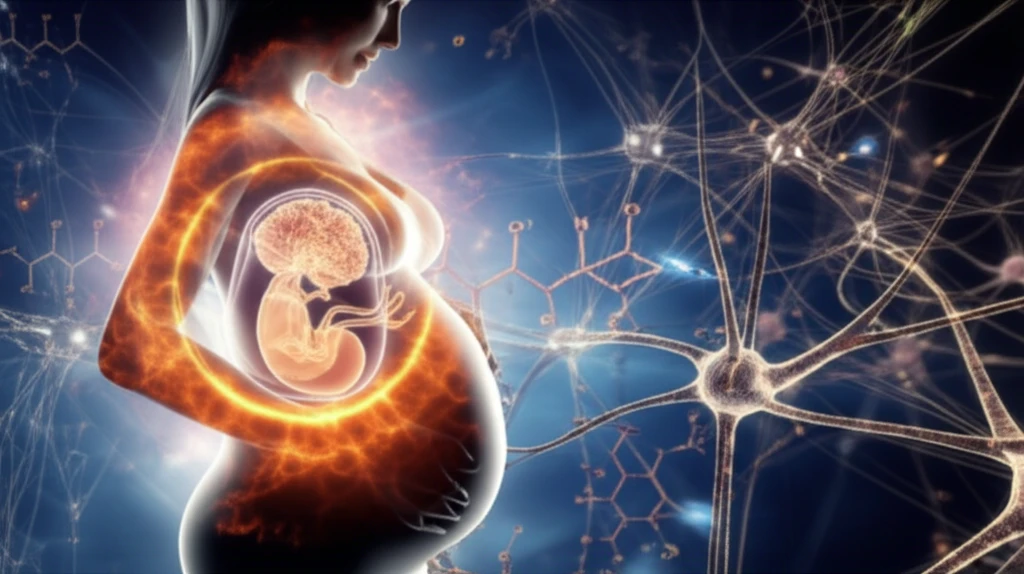
Can Resveratrol Ease Autism-Like Behaviors Triggered in the Womb?
"New research explores how resveratrol might reverse the effects of prenatal progestin exposure on brain development and behavior."
Autism spectrum disorder (ASD), a complex developmental condition, affects many, with diagnoses increasing. While genetics play a role, scientists are also investigating environmental factors that might contribute to ASD. Recent research highlights a potential link between exposure to synthetic progestins during pregnancy and the development of autism-like behaviors in children.
Now, a new study offers a glimmer of hope. Researchers have found that resveratrol, a natural compound found in grapes and berries, may have the ability to reverse some of these negative effects. This discovery could lead to new ways to protect developing brains and potentially reduce the risk of ASD.
This article will explore the findings of this research, explaining how prenatal exposure to progestins might influence brain development and how resveratrol could offer a protective effect, focusing on its potential to support healthier outcomes.
The Progestin-ASD Connection: Unpacking the Risks

The study highlights that prenatal exposure to progestins—synthetic hormones often used in medications to prevent miscarriage or as a component of oral contraceptives—may disrupt typical brain development. The researchers found that these hormones could counteract the neuroprotective effects of estrogen, potentially increasing the risk of autism-like behaviors.
- Decreased ERβ Expression: Progestins can lower the levels of ERβ, reducing its protective effects.
- Increased Oxidative Stress: Lower ERβ can lead to higher oxidative stress, damaging brain cells.
- Mitochondrial Dysfunction: Disrupted mitochondrial activity can impair energy production in the brain.
- Lipid Metabolism Imbalance: Interfering with how the brain processes fats, which are crucial for brain structure and function.
Resveratrol: A Potential Protective Agent?
The study didn't just highlight risks; it also explored a potential solution. Resveratrol, known for its antioxidant and anti-inflammatory properties, showed promise in counteracting the harmful effects of progestin exposure. The researchers found that resveratrol could reverse ERβ suppression and improve autism-like behaviors in animal models.
The key appears to be resveratrol's ability to activate ERβ. By promoting ERβ activity, resveratrol helps to:
<ul> <li>Reduce Oxidative Stress: Counteracting the damage caused by increased oxidative stress.</li> <li>Improve Mitochondrial Function: Supporting healthy energy production in brain cells.</li> <li>Balance Lipid Metabolism: Helping the brain process fats properly for optimal structure and function.</li> </ul> While these findings are promising, it's important to note that the study used high doses of resveratrol in animals. Further research is needed to determine the safe and effective dosage for humans. However, this study opens the door to potential clinical interventions, suggesting that resveratrol could be a valuable tool in preventing or mitigating ASD symptoms related to prenatal progestin exposure.
